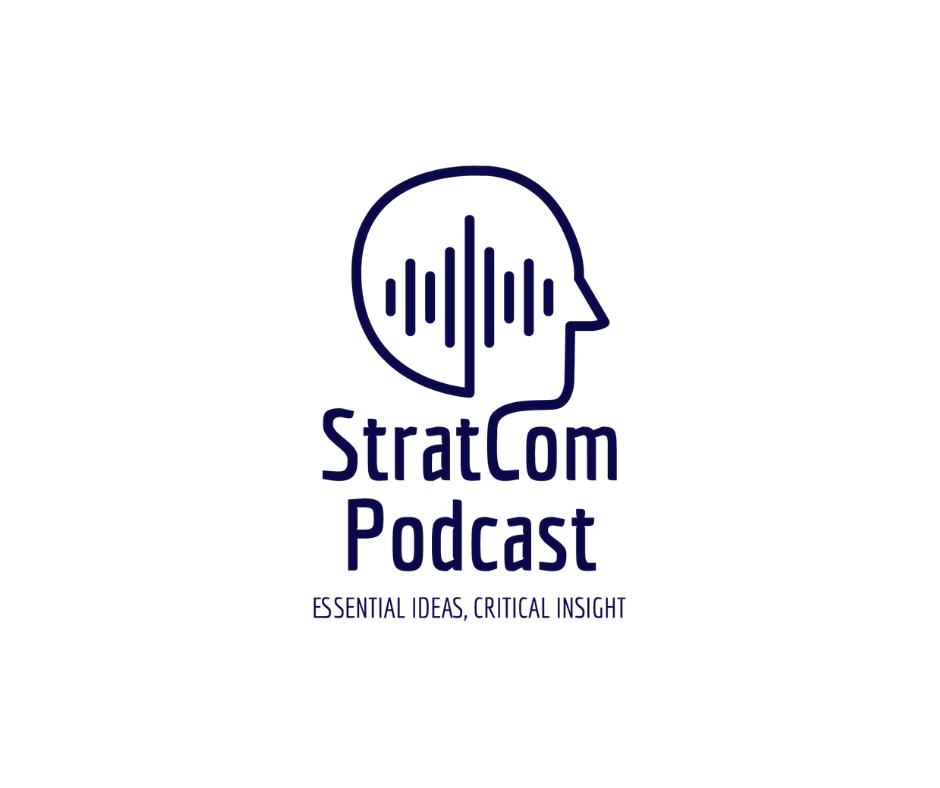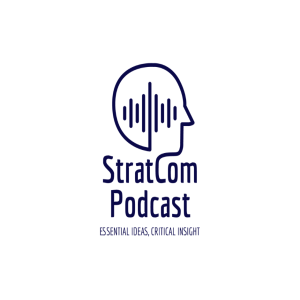
5.5K
Downloads
30
Episodes
Lately, strategic communications seem like fairy dust – if you just sprinkle a bit of that stratcom magic, all your communications problems will be solved. But is it really that easy? In this podcast, we will begin exploring strategic communications from a defence perspective – government and military communications, disinformation, hostile activities on social media, and countering violent extremism.
Episodes

Thursday Sep 26, 2024
Thursday Sep 26, 2024
The Atlantic Council’s Digital Forensic Research Lab (DFRLab) published its first report in 2016, which was an open-source analysis of Russian military operations in Eastern Ukraine. Using then-basic open-source analytical tools, the DFRLab was able to prove that, contrary to the Kremlin’s claims that no official Russian military forces were present in Ukraine, Russian troops were indeed operating on Ukrainian soil under the command of Russian authorities. Since that initial report, DFRLab has continued to monitor Russian activities in the information space, helping to detect and understand Russia’s evolving narratives and revealing how these narratives are adapted to fit new tactics used by Russia to manipulate information both domestically and internationally.
In this episode of #StratComPodcast, Graham Brookie, Vice President for Technology Programs and Strategy at the Atlantic Council and Senior Director of DFRLab, discusses one of the Kremlin’s primary platforms for reaching its audiences: Telegram. He explores Telegram’s role in the information conflict in Ukraine, explaining the factors that have made it a fertile ground for state and non-state actors—often with malicious intent—to disseminate their narratives to vast audiences. Graham also delves into the consequences of this platform's use during times of war.

No comments yet. Be the first to say something!